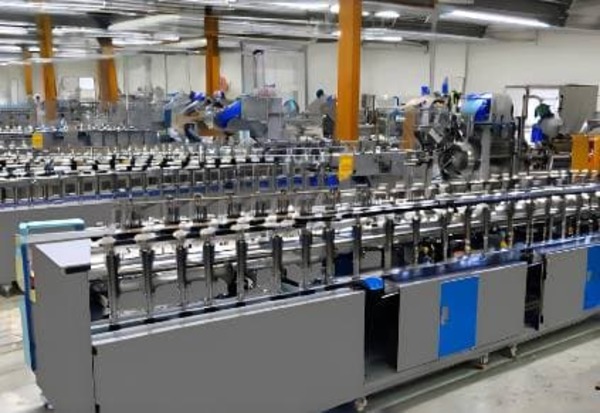
Understanding ADCs in Pharmacy
In the realm of pharmacy and biotechnology, ADC stands for Antibody-Drug Conjugate. ADCs are a class of biopharmaceutical drugs designed as a targeted therapy for treating cancer. They combine the specific targeting capabilities of monoclonal antibodies with the cancer-killing ability of cytotoxic drugs. This innovative approach aims to improve the efficacy and reduce the side effects of traditional chemotherapy treatments.
The Components of ADCs
An ADC consists of three main components:
1. Monoclonal Antibody
The monoclonal antibody is designed to specifically bind to antigens that are overexpressed on the surface of cancer cells. This specificity allows the ADC to target and deliver the cytotoxic drug directly to the cancer cells, minimizing damage to healthy cells.
2. Linker
The linker is a chemical bridge that connects the monoclonal antibody to the cytotoxic drug. It is a crucial component because it must be stable enough to survive in the bloodstream but also capable of releasing the drug once the ADC has been internalized by the cancer cell. The design of the linker affects the ADC’s stability, efficacy, and safety.
3. Cytotoxic Drug
The cytotoxic drug, also known as the payload, is a potent anti-cancer agent. These drugs are often too toxic to be used on their own but can be safely delivered in small, targeted doses via the ADC. Common payloads include microtubule inhibitors and DNA-damaging agents.
Mechanism of Action
The mechanism of action of ADCs involves several steps:
1. **Binding:** The monoclonal antibody component of the ADC binds to a specific antigen on the surface of the cancer cell.
2. **Internalization:** Once bound, the ADC is internalized into the cancer cell through endocytosis.
3. **Release:** Inside the cell, the linker is cleaved, releasing the cytotoxic drug.
4. **Action:** The released drug exerts its cytotoxic effects, typically by disrupting critical cellular processes such as DNA replication or microtubule function, leading to cell death.
Advantages of ADCs
ADCs offer several advantages over traditional chemotherapy:
– **Targeted Delivery:** By specifically targeting cancer cells, ADCs can deliver cytotoxic drugs directly to the tumor, sparing healthy tissues and reducing systemic toxicity.
– **Increased Efficacy:** The targeted approach allows for the use of highly potent cytotoxic drugs that would be too toxic if delivered systemically.
– **Improved Safety Profile:** The reduced off-target effects lead to fewer side effects compared to traditional chemotherapy.
Challenges and Limitations
Despite their potential, ADCs face several challenges:
– **Complex Manufacturing:** The production of ADCs is complex, requiring precise conjugation of the antibody, linker, and drug, which can be costly and time-consuming.
– **Resistance:** Cancer cells can develop resistance to ADCs, similar to other forms of chemotherapy, necessitating ongoing research to overcome these mechanisms.
– **Antigen Expression:** The effectiveness of an ADC is dependent on the expression of the target antigen on cancer cells. Variability in antigen expression can affect the efficacy of the treatment.
Current and Future Developments
The field of ADCs is rapidly evolving, with several ADCs already approved for clinical use and many more in various stages of development. Researchers are exploring new targets, linkers, and payloads to enhance the efficacy and safety of ADCs. Additionally, combination therapies involving ADCs and other cancer treatments, such as immunotherapy, are being investigated to improve patient outcomes.
In conclusion, ADCs represent a promising advancement in cancer therapy, offering a more targeted and potentially less toxic alternative to traditional chemotherapy. As research continues, it is expected that ADCs will play an increasingly important role in the treatment of cancer, providing new hope for patients and healthcare providers alike.





